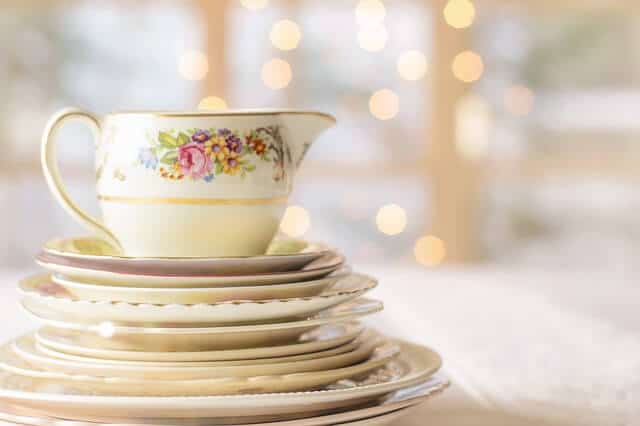By the way the fda standards do allow minimal amounts of heavy metal leaching from dinnerware which might concern you if you consider that the effects are cumulative and there are plenty of other sources that you may well be.
Ceramic dinnerware leaching chemicals.
Food and drug administration fda and the canadian consumer and corporate affairs have regulated how much lead can leach from foodware into food and drink.
The amount of lead that leaches from a dish depends on the amount of lead in the dish the type of glazing how the dish is used what kind of food is put in it and how long food is left in the dish.
We confirmed four acceptable options free of toxins.
Porcelain or china porcelain or china is made of a fine particle clay in high temperature.
This is what most potters are interested in.
Both pfoa phased out and gen x currently in use have been used to produce ptfe nonstick coatings commonly used in cookware.
Safe for dinnerware use.
Also known as c8 this is a type of pfas chemical produced and used in products that resist heat oil stains grease and water as well as stain.
Drink in the dish.
And even clay particles with no toxicity get trapped inside lungs and thus are bad for potters to breathe.
Ceramic coated pots pans and cutlery may look nice but they aren t so nice when it comes to leeching harmful chemicals.
After ceramic dinnerware has been in the dishwasher many times the glaze will break down over time and the leaching will become easier.
What types of dishes and glazes.
There are chemicals such as manganese which are known to be a health hazard when breathed in dry form but are not believed to be a problem after being fired.
The real concern is the composition of the ceramic glaze enamel especially in regards to non stick chemicals and heavy metals.
Leaching of finished ceramic ware lead leaching.
There is a real concern about lead leaching into food and drink from pottery fired with lead glazes.
The granite ware products in the list below are made of thin steel and enamel coating that seems somewhat fragile so we expect a shorter lifespan from these products.
Meanwhile more consumers are turning to traditional cookware that isn t coated with chemicals.
This means that there is some sort of metal usually hard anodized aluminum.
They re manufactured from various metals that are coated with a synthetic polymer which is softer than metal.
And that s what i prefer high quality traditional pots and pans.
In response they re developing new safer products.
The cookware industry is catching on to the dangers of nonstick chemical surfaces.
This is a class of man made chemicals numbering in the thousands that includes pfoa pfos genx.
This is called leaching then when you eat the food the lead gets into your body.





























